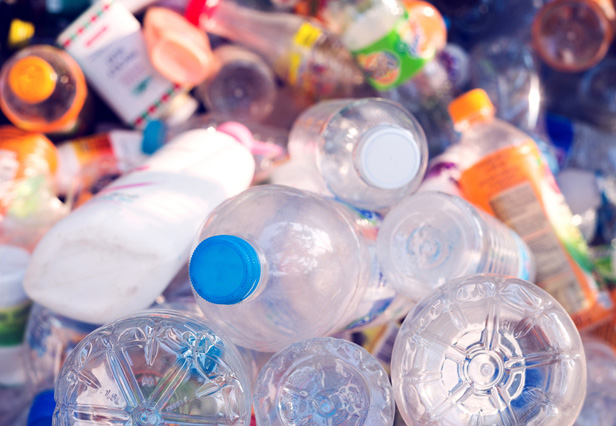August 01, 2024
White House Cutting Federal Procurement of Single-Use Plastic
The Biden-Harris administration, citing the scope of the plastic pollution crisis, wants to phase single-use plastics from federal operations by 2035.
The Biden-Harris administration is getting tough on plastic. The administration announced recently a goal to phase out federal procurement of single-use plastics from food service packaging, operations and events by 2027 and from all federal operations by 2035.
In a statement, the White House acknowledged the scope of the plastic pollution crisis, noting that “plastic production and waste have doubled over the past two decades, littering our ocean, poisoning the air of communities near production facilities and threatening public health.”

As part of the announcement, the administration also released an in-depth report, outlining the steps needed for a whole-government approach to addressing plastic pollution.
The plan to phase out single-use plastics builds on President Joe Biden’s 2021 executive order on catalyzing clean energy and his Federal Sustainability Plan, which directs the federal government to achieve net-zero procurement by 2050. “Meeting the new goal by selecting reusable, compostable and highly recyclable products in lieu of single-use plastics in food service will further agencies’ obligations under the executive order,” according to the administration’s statement.
Environmental groups were supportive of the administration’s announcement. “As the single largest consumer in the world, the US federal government has an outsized role to play in curbing the use of problematic and unnecessary plastic products,” said Erin Simon, vice president and head of plastic waste and business at the World Wildlife Fund. “The administration’s commitment to removing single-use plastic products across an entity this large goes beyond the positive environmental effects, sending a message to the public and private sector across the world: If we can make change happen at scale, so can you.”
The business sector had a mixed reaction. Ross Eisenberg, president of America’s Plastic Makers, a division of the American Chemistry Council, said in a statement that the White House and plastic makers share a goal of “preventing plastic pollution by creating systems that enable plastic resources to be used again and again,” but cautioned the administration that “prescribing alternative materials could work against its climate objectives as plastic often has a lower lifecycle GHG footprint compared to paper, metal and alternative materials.”
More than 460 million metric tons of plastic are produced each year, according to the U.N. Environment Programme, the bulk of it derived from fossil fuels. Waste from single-use plastic often ends up polluting land and sea, often breaking down into microplastics that have been found in the ocean and in human bodies.
There’s been growing momentum to tackle the plastic waste problem. More than 10 states have restrictions on single-use plastic bags, for example, and a number of large corporations have announced plastic packaging scale-backs: Amazon recently announced that it is 95% of the way toward eliminating plastic air pillows in packaging (with plans to do away with them completely by the end of the year). Not long before that, Google shared that it’s on target to have plastic-free packaging by 2025 – and published a 69-page document explaining exactly how they did it, in part to help inspire other companies on a similar journey.
For the promotional products industry, bans on single-use plastic can often be viewed as an opportunity to sell reusable alternatives, whether it’s tote bags, metal straws or drinkware.

Promo for the Planet is your destination for the latest news, biggest trends and best ideas to help build a more sustainable and socially-responsible industry.
